If you've ever wanted to become a writer, you've likely asked yourself this question at some point: How do I write a book?
Perhaps you want to discover the source of your story, figure out how to stay committed to it, or you're looking for strategies to manage your writing schedule. Who knows? Point is, you have looked for answers over the almighty internet, and you’ve found a gazillion of them.

Accomplished writers, novelists, professional bloggers... well, I ain’t one of those. I’m you, just a few months from now. See, when I was looking for answers, they were all valid, but I could not relate to them, for some reason. Eventually I understood that all those people were writing from a position of authority and knowledge.
They seemed to have forgotten how it felt to be an aspiring writer, to start from scratch - staring at a blank page, or a blinking cursor, having some idea of the path, but mostly clueless.
Where to start, how to continue, how to conclude, and what steps to take next.
Chances are, if you stumbled upon this article, it’s not the first one you read. Maybe a lot of what I’m going to suggest is something you have seen already, or even thought about it yourself. Nevertheless, I want to give it a shot because I truly believe that I am you, just a few months ahead, and I am confident that what I write may resonate with you.
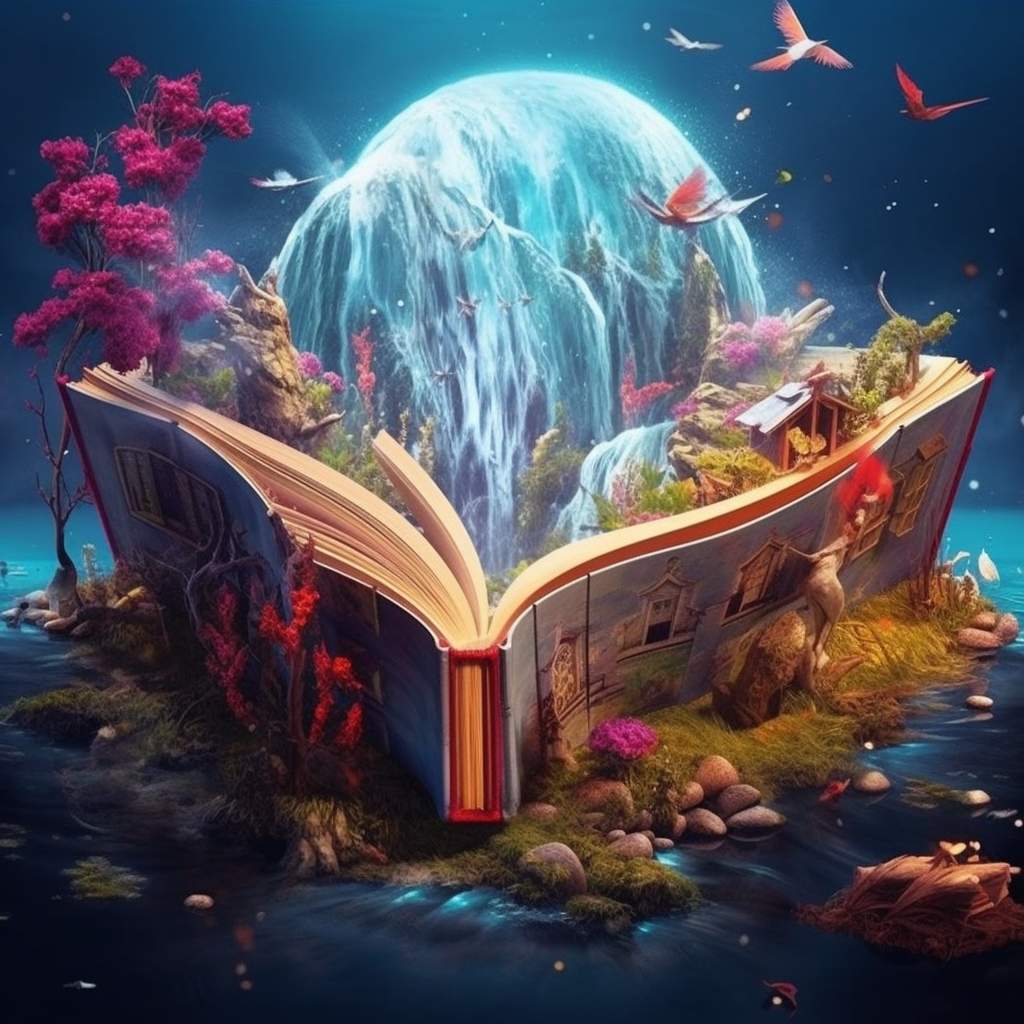
1 – CREATE YOUR STORY
I know! Duh! But wait! Don’t stop reading quite yet!
One of the most common mistakes an aspiring novelist or book writer in general makes is to start without a complete plan. One of the essential components of crafting a story is knowing where your plot is heading.
A story hits us like a bolt, we can see bits of it vividly in our mind, so clearly, they feel like they are right in the back of our eyes. The image is so clear that we ignore the darkness surrounding it. That darkness is everything missing from your main idea.
We get so zeroed in on that wonderful feeling of creation that we don’t realize how much of it will be consumed by that darkness if we don’t shed some light on it.
You will need a strong ending (yes, I usually start from there – right after the initial idea pops in my head). Where do you want your story to lead? Don't allow your characters and their world to wander aimlessly in an endless sea of possibilities without a guiding compass.
What brings the story together? In other words, what is the beginning? What’s your world like? Who are your characters and why are they at the center of your story? Remember, main characters need a reason to be the main characters. They won’t be strong, unless you justify their existence as the center of your narrative.
What are some key events that happen during the story, and to the characters? You will likely not have a complete map of every step of the journey from the get-go.
If you are one of those people that can Rainman their way through all the details of their story, seemingly effortlessly, you’re amazing, but the rest of us all hate you.
Most of us will know some steps, maybe have a vague idea about a few others, and we’ll start writing knowing that the story is incomplete, until it’s not anymore, which brings us to the next important step on how to write a book.

2 – UNDERSTAND THINGS WILL CHANGE AND EMBRACE IT
Napoleon is often credited with saying that no plan survives the first shots… Yeah, he may have said it, but the recorded quote is from Moltke the Elder, a German field marshal, obsessed with creating multiple options for each battle plan, saying that “no plan of operations extends with certainty beyond the first encounter with the enemy’s main strength.” (How did you like the free trivia?)
While your writing process is not the enemy, your plan is likely to succumb to it. When you start writing, acknowledge the overwhelming likelihood that your story will evolve, and prepare to embrace that change.
As you write, your world will become clearer to you, and your characters will take shapes and personalities that you hadn’t thought about. This happens simply because as you grow the story, so do the possibilities, and the ways characters relate to them. It happens all the time to TV writers. They start writing characters in a certain way, but then, almost naturally, those characters develop relations with other characters and the world that you had never thought about, but that work perfectly.
Many of us resist change. We want to stick to our guns because it’s our story and we won’t let anyone, not even ourselves change it!
In reality, though, the best course of action is embracing the changes, make sure you accept what is good and discard what is not, and guide the changes, not get scared or overwhelmed by them.
Think about your characters as real people whom you’re getting to know better and better. Imagine the world in your book as a land you thought you knew well, but which never stops surprising you with its marvels.

3 – IF YOU ARE BORED OF READING IT, IT’S NOT GOOD ENOUGH
Write, write, write… and read… a lot.
I’m not suggesting you read other books; we all know that is one of the best strategies to develop as a writer.
What I mean to say is that you should read what you write, and often. Add a few pages, and read from the beginning. Do that over and over. Read your own story so much, you dream of it. Read until your eyes tear, and then read some more. If, at any point, you find a passage that bores you, change it.
You may think that you’re bored, or skipping through a passage because you’ve already read it so many times that it makes you sick. Actually that is your novelist brain telling you that those pages have not achieved their full potential yet. You may need to cut, add, transform, link better with other parts of the story. It can be a number of things.
Keeping your writing engaging for yourself is a surefire way to ensure that your audience will feel the same excitement.
Your story is your baby, your pet, or your most loved extension of yourself. If you get tired of it, even for a moment, it means that you need to improve it.
Love what you write to the point that other people will call you obsessed, and see the chances of other readers liking your creation grow exponentially.
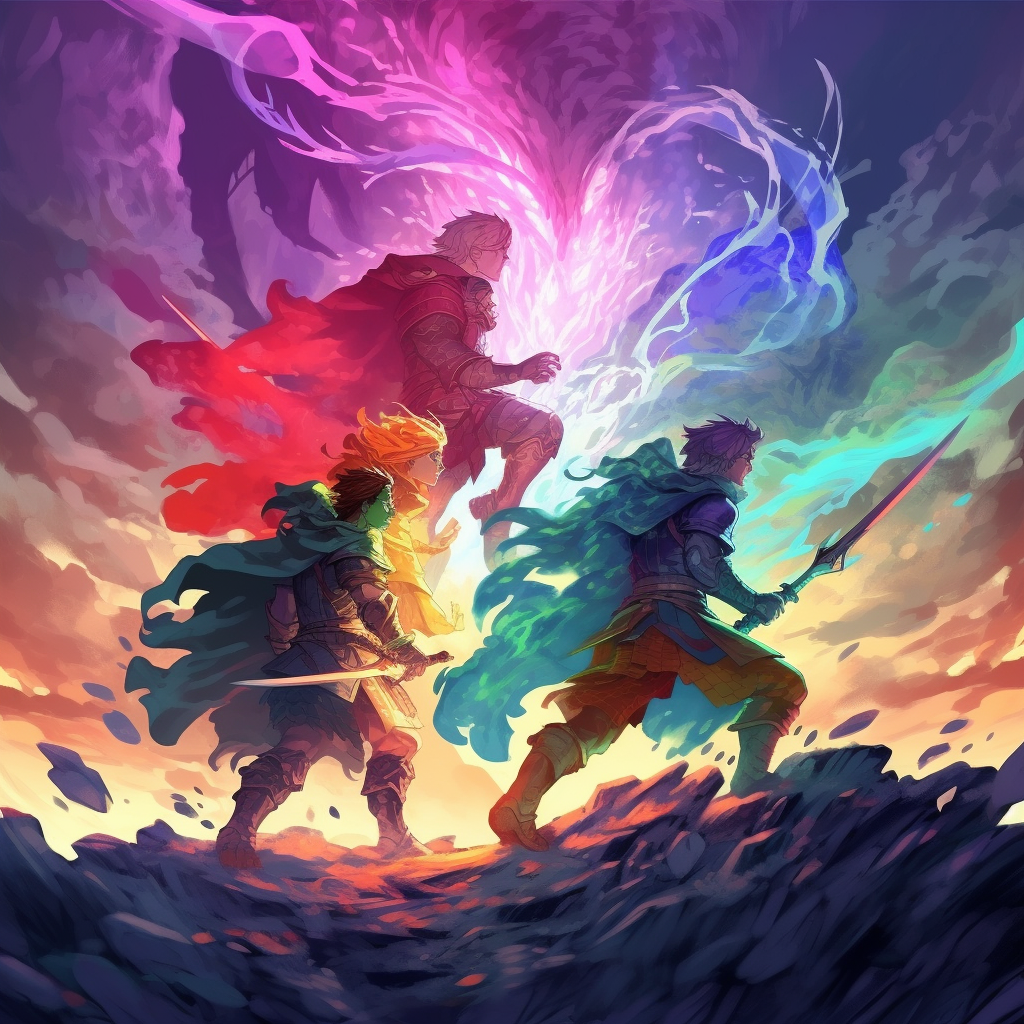
4 – CREATE TOUGH SITUATIONS, BUT REALISTIC SOLUTIONS
Few things can ruin a story more than the absence of struggle or lack of interesting solutions.
A fundamental aspect of creative writing is to design challenging scenarios for your characters but also develop feasible solutions.
To be fair, most stories will create struggle: obstacles to overcome, enemies to defeat, challenges, decisions to make. Making sure struggle is present in your story won’t be too hard, however it’s vital.
If it seems that your story is moving along without any “bump” for the characters, then probably the narrative is too flat, and the motivation that drives it (and compels the readers to follow it) will soon run dry.
Something that goes hand in hand with struggle in a story but is vastly more complex to tackle, is solutions.
We have a relatively easy time creating obstacles, but sometimes we are so good at doing it, that we make it very hard to find a way to overcome them. We have all seen stories that have fallen into that trap; a whole group of characters suddenly dying at the end, or a Deus-ex-machina to save the day, a new never-heard-of power or ability that appears right when it’s needed. Sometimes, stories don’t even do us the courtesy of giving us solution that make sense at all.
Sure, sometimes it could be lazy writing. However I feel that more often than not, the writer gets stuck, delving so deep in their story, or in the obstacle they created, that they can’t extricate themselves without a massive rewrite.
Before you start writing a portion of your story that includes a struggle, pause your process. Outline the struggle and decide how it will be resolved (if resolution is necessary).
And while you’re at it, make it believable! What do I mean? Read on.
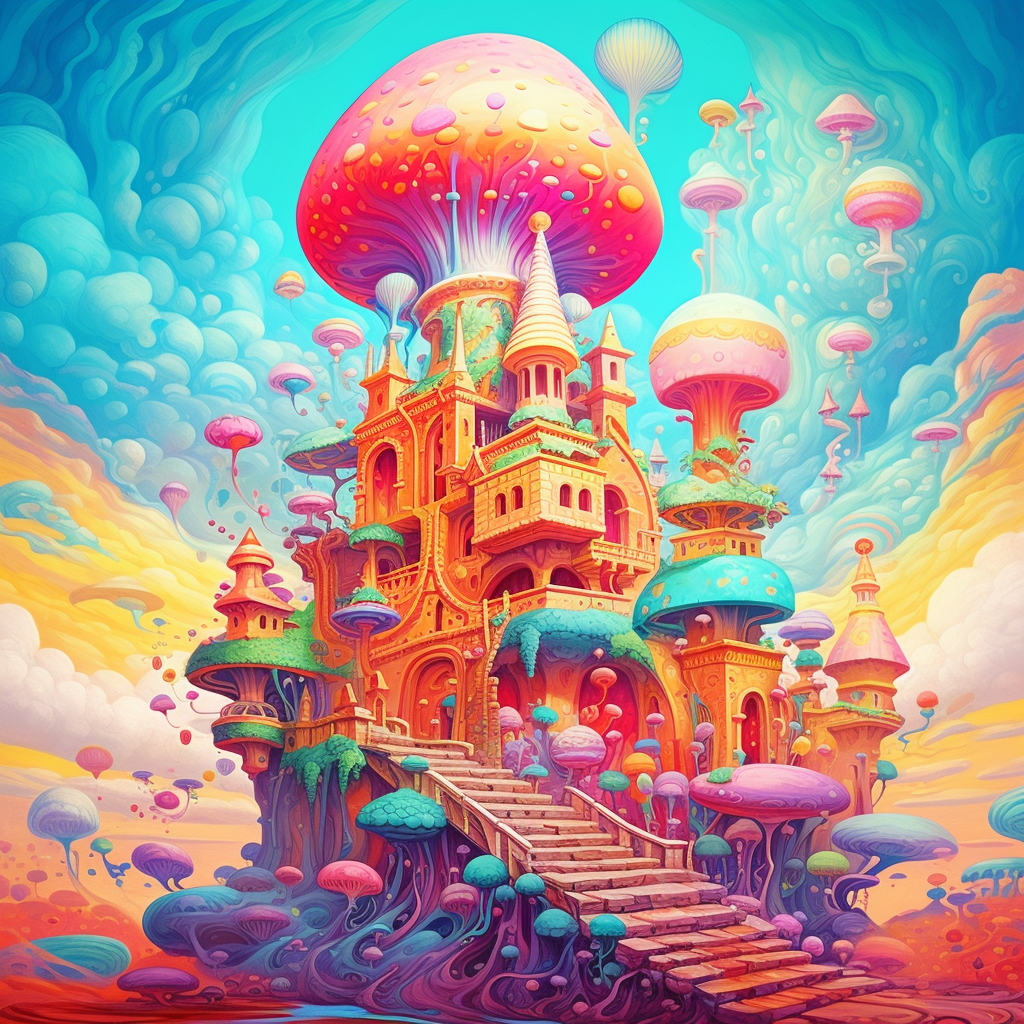
5 – UNDERSTAND WHAT “REALISTIC” MEANS
How often have you found it hard to believe something that happens in a story, be it a movie, book, TV show, or video game?
You find yourself mentally revisiting the setting and premises that the story's creators established, only to realize you still can't believe how they made certain events unfold.
Realism is not as easy a concept as it may appear. When we talk about realistic we immediately envision the real world; because that is what is real to us.
However, in a narrative, realism is not what is potentially realistic in OUR world, but rather in the world in which our story takes place.
Fantasy novels are a perfect example of this concept. If a character is a human archer in medieval Europe, and she manages to cock and fire four arrows at the same time, hitting bullseyes in four different directions, I would not believe it; but if Legolas does it…
Your realism doesn’t need to abide by the rules of what we the writers know being real. In writing, realism means creating events that could conceivably happen within the rules dictated by the world you've built for your story.
Building a believable fictional world means having a clear model in mind, as well as the rules that govern it, and make it a job to be as familiar with those rules as you are for the real world you live in. While birthing a fictional world does grant you infinite creative freedom, it's important not to mistake this for a license to introduce endless changes and contradictions merely as an escape from a difficult situation.
Make the rules and follow the rules.
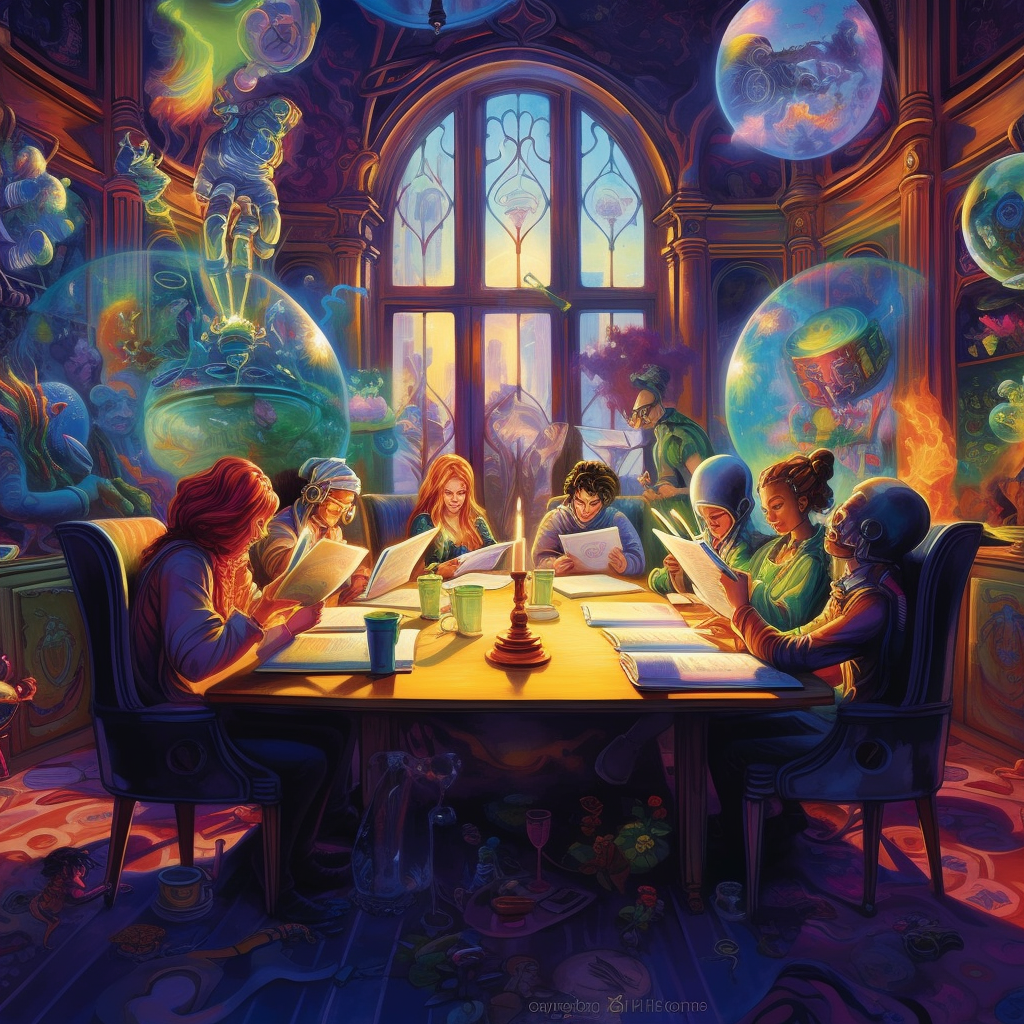
6 – WRITING IS NOT A SOLITARY PROCESS
In another entry, I delve into my realization that writing isn't as solitary a task as I'd initially thought.
A lot of us consider writing as a practice that isolates us. We count on ourselves, and we trust in ourselves. Sharing our work with other people before we feel it’s ready to be read can be daunting, and rightfully so. We are exposing a part of our most intimate self to the world, and we are not fully confident about it yet.
So, we hold onto our manuscript until it's time for editing (and sometimes, we don't even employ an editor – we take on that task ourselves).
The reality of things is that you need other people to look at your work, criticize it, praise it, dive deep into it, so to give you a fresh perspective.
You can find beta-readers, editors, or just friends that will read your work when it’s still vulnerable and imperfect. Joining a writing community can provide the support and feedback that are crucial during the writing process. This way, you will enhance your book and strengthen your skills as a writer. Like me, you'll realize that writing doesn't have to be a solitary process, and in fact, it shouldn't be.
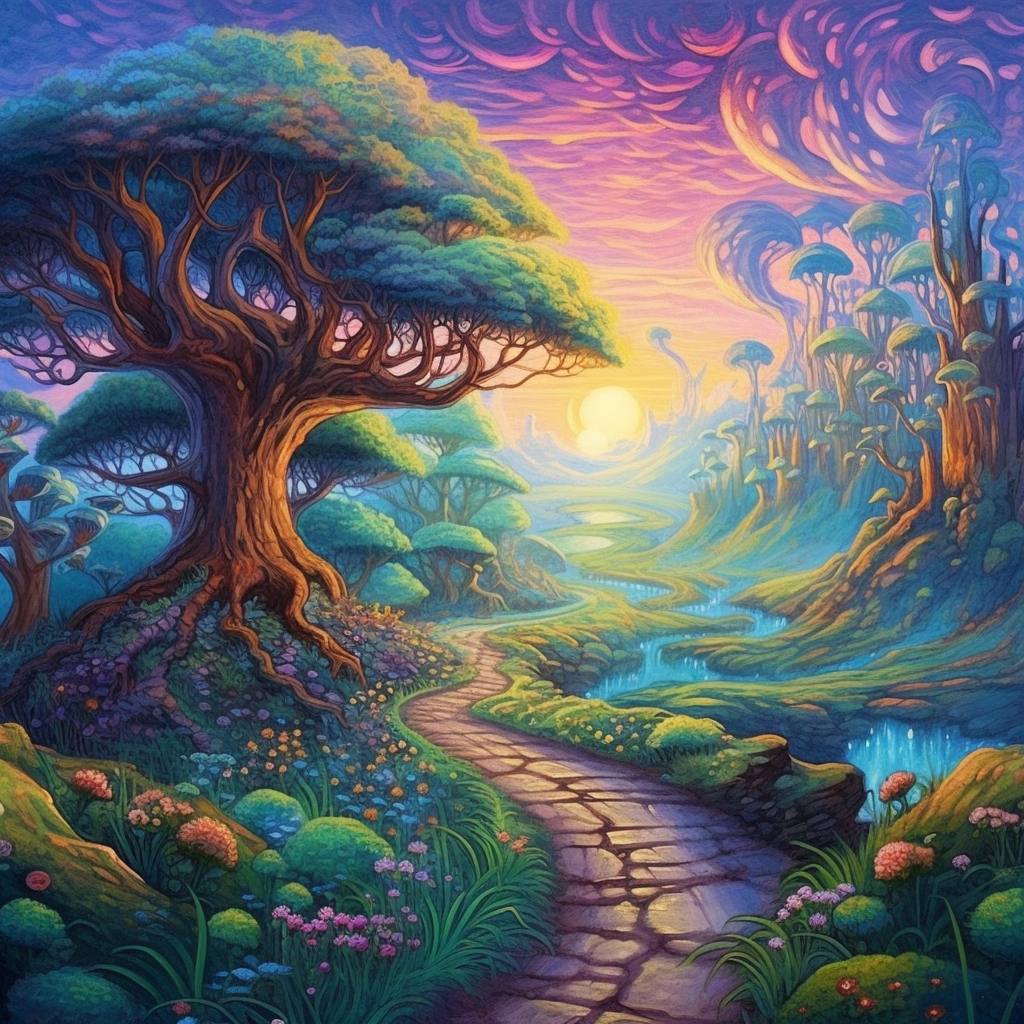
7 – FINISHING THE BOOK IS ONLY THE BEGINNING OF YOUR JOURNEY
You finished writing your book… now what? Here come all the other steps to publishing: editing, research on solo or traditional publishing, query letters to agents and/or publishers, book cover, design, pagination, advertising and promoting…
This step of finishing my own book was (and still is) by far the most terrifying.
Of course, it may not be so for you. We are all different and we all have our own storyteller-monsters to slay. Some of us might fear starting, others developing, others closing, other editing…
Regardless of our apprehensions, it's important to acknowledge that this stage is as pivotal for our story's journey into becoming a book as the writing process itself.
Find an editor. This could be a knowledgeable friend or a professional. Editing work can be expensive, so it’s common to not be able or willing to pay what higher-level pros ask. Find people on websites like Fiverr, or any other platform where people offer freelance work. Look carefully, talk to people who seem to fit what you’re looking for, make sure you guys match, and get that editing done.
Don’t edit your own work. No one can properly edit their own work. And I don’t use absolutes lightly.
Whether you're active on social media or not, using these platforms to promote your work can be highly beneficial. Nevertheless, it is not a must. I found targeted forums to be a great place to let like-minded people know about your work, and maybe even help you promote it.
Of course, you should not join a forum and spam it with requests to read your book, or link it to their contacts. Joining a forum and actively participating can take time. These forums want you to be a part of the community. Be there, type, help, comment. In most cases you’ll eventually get back far more than you have given.
Invest in quality cover art for your book and pay attention to details like pagination and interior design.
If you want to go the traditional-publishing route, study query letters, and learn how to present yourself and your work professionally.
Finally, and probably most importantly, savor the process! Take your time. Learn from your mistakes, be better, and stop fearing the judgment of people. You’re creating something literally unique. For all intents and purposes you’re a limitless Creator. Share your work with the world and give us more!
FIND ME ON ALL MY SOCIALS!









No comments